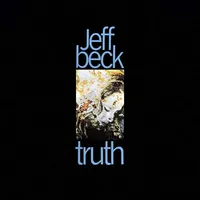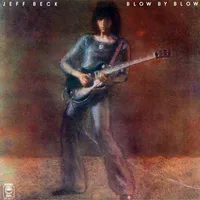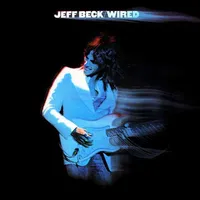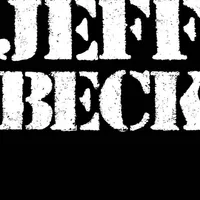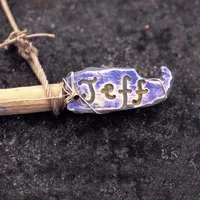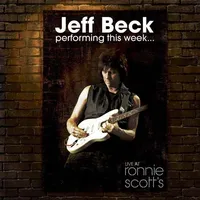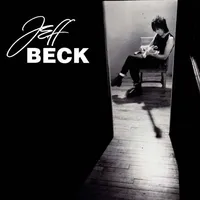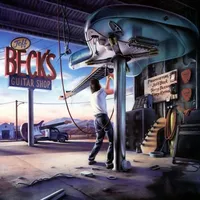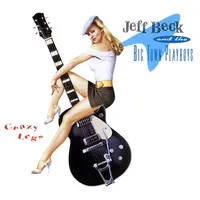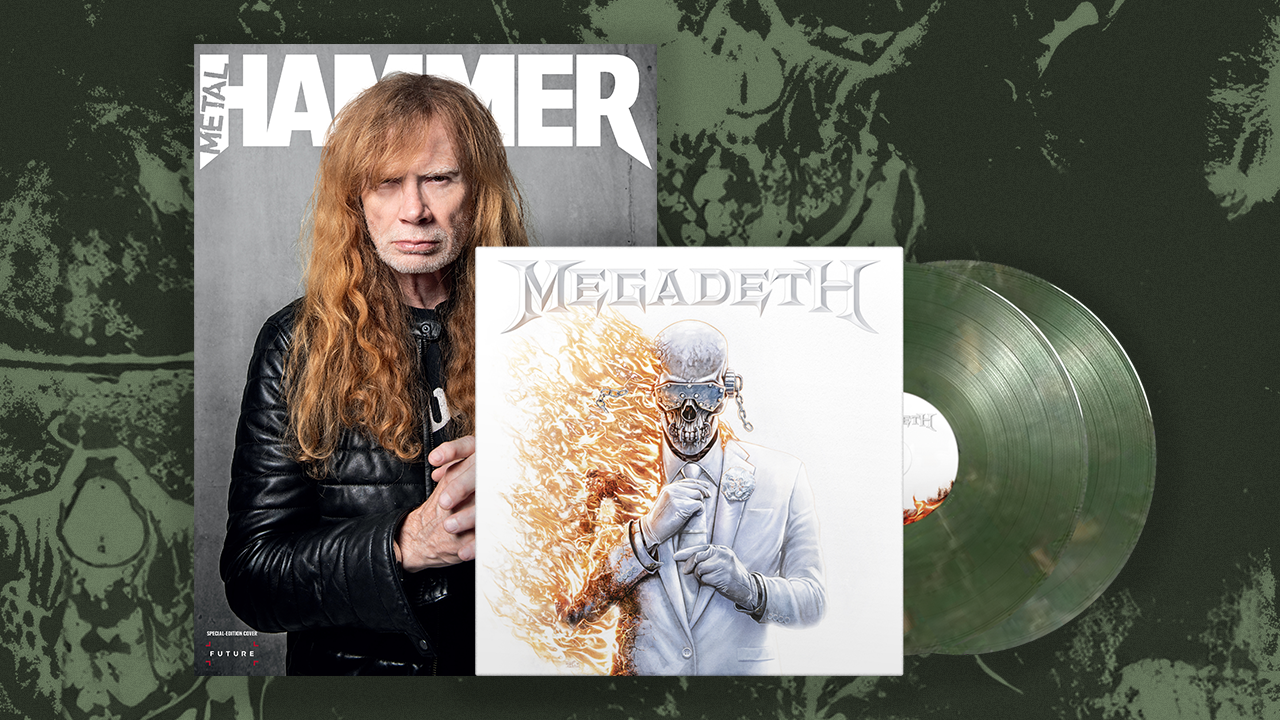The Jeff Beck albums you should definitely own
One of the greatest blues-rock/fusion guitarists ever, Jeff Beck's solo career spanned six decades. These are his best albums
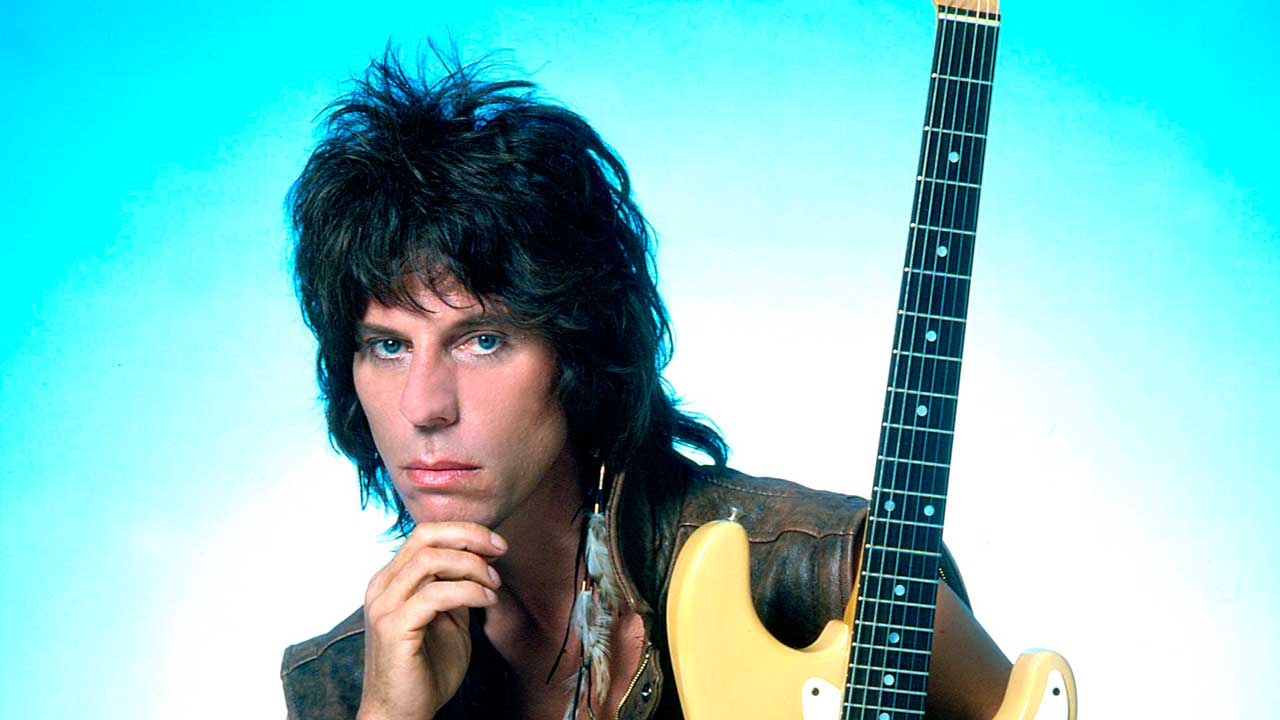
One of the triumvirate of great British guitarists who came out of The Yardbirds, Jeff Beck arguably had more natural talent than Eric Clapton and Jimmy Page combined. Chris Dreja, the rhythm guitarist in The Yardbirds, who played with all three of them has no doubts.
“Jeff was a fucking genius.” he says. “The funny thing was that in contrast to Eric, Jeff was totally uncool – except when it came to his guitar playing.
“The other thing about Jeff was that he wasn’t very talkative. So it was hard to know what he was thinking. But on stage it was completely different. He’d really come alive and you never quite knew what he was going to do.”
Many of the musicians Beck worked with would echo those sentiments. A mercurial genius, he never conformed to the conventional image of a guitar hero – except maybe when it comes to looks. Unlike Clapton and Page, who attained superstar status by hard graft as much as talent, Beck repeatedly left or broke up bands before their commercial potential could be fully realised. He restlessly changed style from one album to the next, refusing to be tied down musically. His live performances were intermittent – though seldom short of breathtaking.
The result was that Beck remained third in the trio when it comes to fame – and the double-edged sword of being a household name. Not that it appeared to bother him in the slightest. He wasn't poor and he could afford to indulge in his hobby of restoring classic cars.
His instinctive talent wasn't something that could be produced on demand, and he didn’t have the temperament to spend months on the road promoting his wares. As he said: “If you’re a painter and you get that close to the picture every day for a week, you get sick of it. But if you leave it for a little bit and then come back to it, the chances are you’ll think: ‘Wow! Who painted that?’”
The idiosyncratic nature of Beck’s musical career – the changes in style, the irregular gaps between albums – mean that it’s extremely difficult to compile a definitive buyer’s guide; one fan’s favourite album may be anathema to another. And most Beck fans are not shy when it comes to having an opinion. But do you think that’s going to stop us?

There’s no better way of launching your own career than by loudly eviscerating your past. Jeff Beck’s first solo album opens by grinding his Yardbirds hit Shapes Of Things into the dirt with a metallic stomp. Rod Stewart’s rasping vocals finish the job.
Jeff ‘n’ Rod were never going to be the Glimmer Twins, but they make excellent sparring partners as they trample all over Morning Dew, I Ain’t Superstitious, Ol’ Man River (really) and You Shook Me, the Willie Dixon/JB Lenoir blues standard which Led Zeppelin also recorded for their debut album, released five months later. Beck’s Bolero is the icing on the cake. The perfect start to what would become a prestigious solo career.
Beck’s pivotal fifth album – his first all-instrumental one – takes him towards the world of jazz and fusion, but it’s on his own terms as he picks the elements he wants to enhance his own style. He revels in the sense of adventure from the sleek opening You Know What I Mean where he abruptly veers away from a blues-based solo into a more imaginative flight of fancy.
There’s plenty of tempestuous playing with his sharp, supportive band, particularly on Scatterbrain, plus a sublime version of Stevie Wonder’s Cause We’ve Ended As Lovers where he draws emotive sighs and moans out of his guitar. And producer George Martin excels himself.
A year after Blow By Blow, Beck was back, enthused by the new possibilities and bringing in former Mahavishnu Orchestra members Jan Hammer and Narada Michael Walden who offer a more potent challenge as well as writing most of the tracks.
The result is a tougher, more straight-ahead jazz rock album as Beck deploys his increasing variety of tones and styles to create a greater emotional depth, from the explosive Led Boots to the tender acoustic Love Is Green. But once again it’s a cool cover that lingers longest as Beck’s yearning vibrato tugs at the emotions on Charles Mingus’s Goodbye Pork Pie Hat.
Returning from a four-year break after Wired, Beck sticks to the same format with the same blustery enthusiasm, but this time he’s backed by two different bands offering a somewhat schizophrenic but no less absorbing take on his fusion style.
On side one he’s still going toe-to-toe with keyboard maestro Jan Hammer whose playing ranges from cosmic to disco while Beck doesn’t miss a trick. Side two has Tony Hymas on keyboards with drummer Simon Phillips and bassist Mo Foster providing a harder rock backing that allows Beck to blaze away at will on the Latin-flavoured El Becko and the turbo-charged Space Boogie.
Watching rock legends team up with younger, hipper names in the hope of extending their shelf life can be embarrassing. But for Beck it’s all part of the quest; to keep himself invigorated. Having toyed with hard-edged techno grooves on his two previous albums, Beck takes the plunge on Jeff, bringing in Apollo 440 and experimentalilst David Torn to produce a couple of tracks each.
Apollo 440 add their trademark beats to Grease Monkey and Hot Rod Honeymoon, while Torn makes a post-modern cross-cultural extravaganza out of Line Dancing With Monkeys and Plan B which won a Grammy for Best Rock Instrumental.
Performing This Week… Live At Ronnie Scott’s (Eagle Rock, 2008)
Considering how much of Beck’s reputation comes from his incendiary live shows, it took a while to capture the magic on tape. But this CD/DVD taken from a week-long residency at London’s famous jazz club made the wait worthwhile.
If the impetuosity of youth is missing, the range of his awesome talent is displayed comprehensively. The set covers Beck’s entire career. There are guest spots from Eric Clapton and vocalists Imogen Heap and Joss Stone, and some unexpected covers including a haunting version of The Beatles’ A Day In The Life.
Beck’s first venture into electronic music got mixed reviews at the time, but it has grown in stature since the novelty of the experiment faded, leaving just the music. On Who Else! Beck pits his wits against the techno sounds and rhythms of his longtime keyboard player Tony Hymas and is driven on by the ferocious two-handed tapping of fellow fusion guitarist Jennifer Batten.
The diet of beats takes on a hypnotic quality at times regardless of the variety of tempos, but the same cannot be said of Beck’s playing, which blazes away regardless, pausing only to indulge in the live Brush With The Blues and the dreamy Irish folk song Declan.
Jeff Beck’s Guitar Shop (Epic, 1989)
Following a lacklustre excursion into pop-rock on his mid-80s album Flash, Beck gets back to business in the company of Tony Hymas and ex-Zappa drummer Terry Bozzio. And the range of material he tackles on what became a Grammy-winning album for Best Instrumental Rock is as diverse as he gets.
There’s the lilting Caribbean rhythms of Behind The Veil, the smoking blues of Big Block, the fiercely rocking Stand On It, the funky A Day In The House, the moody Two Rivers, the ambient Where Were You and the final locked-in groove of Sling Shot. Needless to say Beck takes them all in his stride.
Even a genius has to be allowed an occasional indulgence, and in Beck’s case it’s a homage to Gene Vincent’s guitarist from his Blue Caps band, the brilliantly understated and criminally underrated Cliff Gallup. Beck has always cited him as a major influence, which seems strangely odd at first, as he rarely plays rockabilly himself.
He makes up for it here, though, with 18 tracks from Vincent’s peerless catalogue with Gallup, performed straight and unadorned in the company of British rockabilly maestros the Big Town Playboys. Beck is not about to mess with his hero but, capricious as ever, he leaves out Be-Bop-A-Lula.
...and one to avoid
You can trust Louder
Emotion And Commotion (ATCO, 2010)
There are Jeff Beck fans who claim that he has never made an avoidable album, but this return from a seven-year break could be described as superfluous. The lush production by Trevor Horn wreaks of an ulterior motive – the dinner-jazz audience maybe? And you have to question the wisdom of a 64-piece orchestra on a Jeff Beck album.
It starts well with a poignant Corpus Christi (based on Jeff Buckley’s version) followed by a rousing Hammerhead. But it soon sinks into a strange ambivalence, and it’s hard to believe Beck chose to cover Over The Rainbow, Lilac Wine or Nessun Dorma of his own free will.
Sign up below to get the latest from Classic Rock, plus exclusive special offers, direct to your inbox!
Hugh Fielder has been writing about music for 50 years. Actually 61 if you include the essay he wrote about the Rolling Stones in exchange for taking time off school to see them at the Ipswich Gaumont in 1964. He was news editor of Sounds magazine from 1975 to 1992 and editor of Tower Records Top magazine from 1992 to 2001. Since then he has been freelance. He has interviewed the great, the good and the not so good and written books about some of them. His favourite possession is a piece of columnar basalt he brought back from Iceland.
